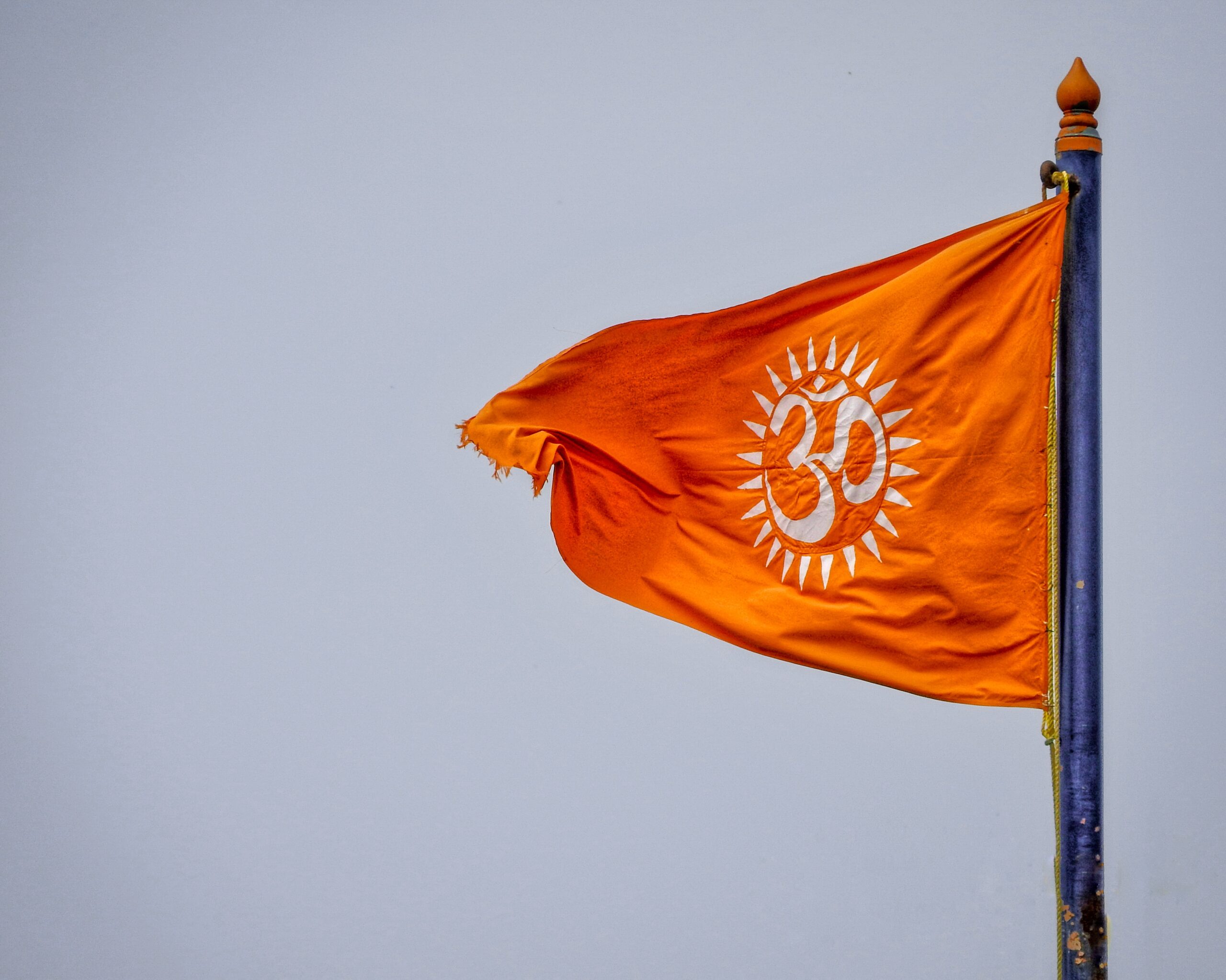Introduction
Hinduism, one of the world’s oldest religions, is a complex and diverse system of beliefs, rituals, and philosophies. With its roots stretching back over four millennia, Hinduism has evolved and transformed throughout history, absorbing various cultural influences while retaining its core principles. In this article, we will delve into the multifaceted nature of Hinduism, exploring its foundational principles, rituals, gods and goddesses, and its enduring impact on culture and society.
Origins and Fundamental Principles
The origins of Hinduism can be traced back to the ancient Indus Valley civilization in present-day India and Pakistan. However, Hinduism as we know it today emerged through the amalgamation of diverse religious and philosophical traditions that evolved over centuries. Unlike many other religions, Hinduism does not have a single founder or a specific set of doctrines. Instead, it encompasses a rich tapestry of beliefs, practices, and traditions.
At the heart of Hinduism lie several fundamental principles that shape its worldview. One such principle is Dharma, which refers to the ethical and moral duties and responsibilities that each individual must fulfill in their respective roles in society. Karma, another important concept, emphasizes the law of cause and effect, stating that every action has consequences that shape one’s present and future experiences. Reincarnation, or the belief in the cycle of birth, death, and rebirth, is closely intertwined with karma.
Deities and Sacred Texts
Hinduism is known for its vast pantheon of gods and goddesses, with each deity representing various aspects of the ultimate reality or the divine. Among the most widely worshiped deities are Brahma (the creator), Vishnu (the preserver), and Shiva (the destroyer), often referred to as the Trimurti. Devi, the divine feminine, is also venerated in her various forms, such as Durga, Lakshmi, and Saraswati.
The sacred texts of Hinduism, known as the Vedas, are among the oldest scriptures in the world. They are divided into four main collections: the Rigveda, Yajurveda, Samaveda, and Atharvaveda. These texts contain hymns, rituals, and philosophical treatises, providing guidance on various aspects of life, spirituality, and the pursuit of truth. Additionally, the Upanishads, Bhagavad Gita, Ramayana, and Mahabharata, including the famous Bhagavad Gita, are revered texts that provide profound insights into Hindu philosophy and moral dilemmas.
Rituals, Festivals, and Yoga
Hinduism encompasses a vast array of rituals and practices that vary across regions and communities. Worship in Hinduism can take place in temples, homes, or in the form of personal meditation. Daily rituals often involve offerings of flowers, incense, and food to deities, as well as the recitation of prayers and mantras.
Festivals play a vital role in Hindu culture and are celebrated with great enthusiasm and devotion. Diwali, the festival of lights, Navaratri, celebrating the divine feminine, and Holi, the festival of colors, are some of the well-known Hindu festivals celebrated worldwide. These festivities not only foster a sense of community and unity but also provide an opportunity for spiritual renewal and reflection.
Yoga, another integral part of Hinduism, has gained immense popularity worldwide. Rooted in ancient Hindu philosophy, yoga offers a holistic approach to physical, mental, and spiritual well-being. It encompasses various practices, including physical postures (asanas), breath control (pranayama), meditation (dhyana), and ethical guidelines (yamas and niyamas).
Influence on Culture and Society
Hinduism’s profound impact extends beyond its religious and spiritual dimensions. It has shaped the cultural, social, and artistic fabric of India and neighboring regions. Hindu art, architecture, music, dance, and literature are all infused with spiritual symbolism and themes drawn from Hindu mythology.
The caste system, although controversial and widely debated, has historically played a significant role in Hindu society. Originally based on one’s occupation, the caste system became hereditary, creating a hierarchical structure with prescribed duties and restrictions. In recent times, efforts have been made to address the inequalities associated with the caste system and promote social equality and inclusivity.
Hinduism and Modern Challenges
In the face of modern challenges, Hinduism continues to adapt and evolve while staying true to its core principles. As India and other Hindu-majority countries embrace globalization and technological advancements, Hindu thought and spirituality are finding new expressions and platforms.
Furthermore, Hinduism’s emphasis on tolerance, pluralism, and the interconnectedness of all beings resonates with the need for environmental sustainability and social harmony in today’s world. The ancient wisdom of Hinduism offers valuable insights into interconnectedness, compassion, and the pursuit of truth that can contribute to addressing pressing global issues.
Conclusion
Hinduism, with its rich tapestry of beliefs, rituals, and philosophies, offers a profound spiritual and cultural legacy. It encompasses a vast array of gods and goddesses, sacred texts, rituals, festivals, and ethical principles that have shaped the lives of millions of people for millennia. While Hinduism remains deeply rooted in tradition, it also embraces adaptability and the pursuit of spiritual truth in the modern era. As we continue to explore and appreciate the diversity of the world’s religious traditions, Hinduism stands as a testament to the enduring power of ancient wisdom in shaping our lives and society.



 This helped !
This helped ! I still have doubts !
I still have doubts ! Can do better
Can do better Update Needed
Update Needed 0.0
0.0


 3 min
3 min